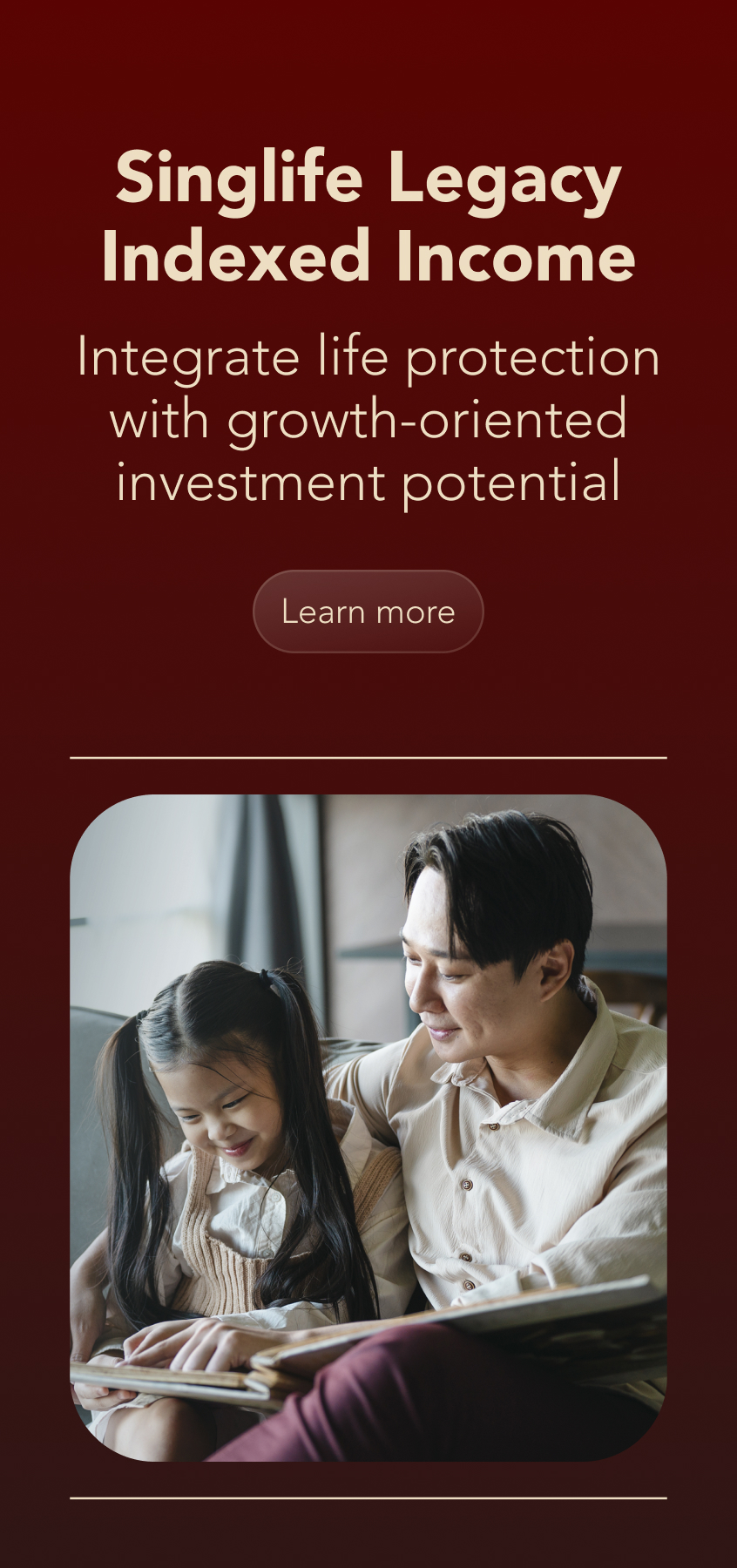I don’t know about you, but I’m surrounded by many who have more than a few fingers in the investment pie and often find my mind drawing a blank when I’m inundated by finance talk online or offline. That’s not to say investing isn’t for us, and I know I could use a boost in learning beyond basic investment or financial knowledge.
When it comes to the fast-moving world of investing, even industry experts run to keep with the trends, so it may seem intimidating to even start, especially if you’re a greenhorn (like me).
Sometimes, we may even feel as if we’re asking the wrong questions! How do we even start? What are some things a beginner investor should know?
That’s why we decided to kick start this special series for budding investors. “Grow Me the Money” is a curated guide written for people who’d like to get a foot in the door when it comes to investing for their future.
To begin your investing journey, it’s crucial to familiarise yourself with key investment terms.
While this is not an extensive list, it’s important to understand these terms so we can build a solid foundation and set ourselves up for investing success.
General investment terms
Risk appetite
There’s no avoiding the caveat of loss when it comes to investing, and we must be prepared to take on this risk to a certain degree.
Risk appetite (or risk tolerance) refers to the level of loss you’re prepared to withstand, of which there are typically three:
Aggressive
You’re able to set aside more funds into investing for bigger returns, often in more volatile markets or assets.
Moderate
You’re able to use some reserve funds you’ve set aside but tend to avoid putting in more than you can afford to risk or lose.
Conservative
You prefer to focus on building up your financial and investment portfolio and might have limited funds to risk.
The general rule of thumb is that the higher your potential returns, the higher the risk.
Risk profile
It goes without saying that investing requires funding, so how much can you really set aside for this purpose?
Your risk profile is what determines your investment portfolio, providing a framework for financial advisers to work with so they can recommend the best and most rational steps to help you get started on your investment journey.
Investment time horizon
In the same way your choices shift with milestones of each life stage you’re in, an investment time horizon determines how long your funds are held before you can start withdrawing them.
There are generally three terms, short-term, medium-term and long-term horizon:
Long-term
This is the longest period you’d have to wait before payout, with significant risks but potentially higher yields.
Medium-term
This term usually lasts between three to ten years, with conservative returns and a range of mixed investment options.
Short-term
This is typically the lowest in terms of risks involved, with an investment period usually under three years.
A rule of thumb to keep in mind is that the longer your investment horizon, the greater your risks but higher the rewards.
Sometimes, our lessons are a little more difficult to digest – read more about Singlifer Keith learned from his investment adventures.
Different types of investments
There are also different types of investments you may be keen to learn about and dabble in.
Blue chip
Commonly termed as “blue chip stock”, blue chips refer to stocks of well-established companies with a steady track record of good performance.
CDP
Where investing is the earning of returns over time through buying and holding, trading involves a shorter term, maximising smaller but more frequent profits through transactions made on both rising and falling markets.
This is where you’ll hear about the Central Depository (Pte) Limited. A subsidiary from Singapore Exchange (SGX) and regulated by the Monetary Authority of Singapore (MAS), the CDP safeguards you against brokerage failure by acting as a vault which helps to securely park stocks, bonds and securities listed on SGX.
Investment funds
A type of product which pools capital from multiple individuals (investors), which is then invested over a diverse range of assets and different securities. This is usually managed by a professional who can make the best decisions on behalf of said investors.
Fixed-term deposits
Most banks in Singapore offer this investment option, where money is deposited with a bank of your choice, and it cannot be withdrawn for a set period of time to let it return with heightened interest rates.
Stocks
More well-known among investment options, this is where you purchase a company’s stocks and essentially earn a slice of their profit pie.
Real estate
One of the costlier options is investing in property – purchasing real estate for the purposes of rental or sale.
Real Estate Investment Trusts (REIT)
A REIT is another form of real estate investing, but with the advantage of being able to delve into larger opportunities (e.g., commercial property, property development).
Note: every investment option comes with its own risks and fees, so due diligence is always needed before deciding which suits your risk appetite.
Different types of industry professionals
It's also essential to know about the entities which provide help through your investing journey.
Financial adviser
A financial adviser is often the go-to professional when it comes to all things related to your financial journey. They can offer personalised advice, from planning and reviewing to executing the best course of action to achieve your goals.
If you don’t have a goal in mind yet, they can assist in helping you plan this too!
Brokers
A broker will handle the buying or selling of investments or securities on their client’s behalf.
Note: While each professional serves a different function, it’s important to be aware that their services will have pertaining charges and fees.
While the above is just the tip of the iceberg when it comes to investing knowledge, you’ll see more of these terms and how they a play significant part in shaping how you choose to invest or when it comes to planning your goals to secure your savings for the future.
In no time, you might find yourself asking the right questions of the right people!
We feature expert advice and industry tips to ease your investment knowledge as you journey through your life stages in part two of Grow me the Money.





